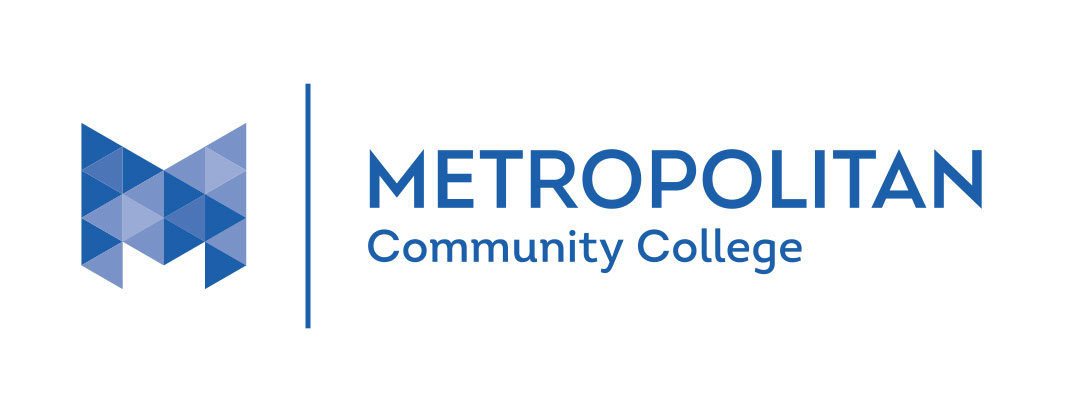Students are responsible for payment. Disability documentation is used to verify a student's request for accommodations. DSS documentation guidelines are based on the recommendations of the Association of Higher Education and Disability (AHEAD). If requested, third party documentation must be prepared, dated and signed by an appropriate professional, such as a medical doctor, psychologist or other qualified diagnostician. Documentation from external sources may include educational or medical records, reports and assessments created by health care providers, school psychologists, teachers or the educational system. This information is inclusive of documents that reflect education and accommodation history, such as Individual Education Program (IEP), Summary of Performance (SOP) and teacher observations.
Any cost incurred in obtaining additional documentation when the original records are inadequate is the responsibility of the student. In general, it is not acceptable for such documentation to include a diagnosis or testing performed by a member of the student's family.
If the original documentation is incomplete or inadequate to determine the extent of the disability or reasonable accommodation, Metropolitan Community College has the discretion to require additional documentation. If you have questions about where to obtain the necessary documentation, please contact a DSS counselor.

